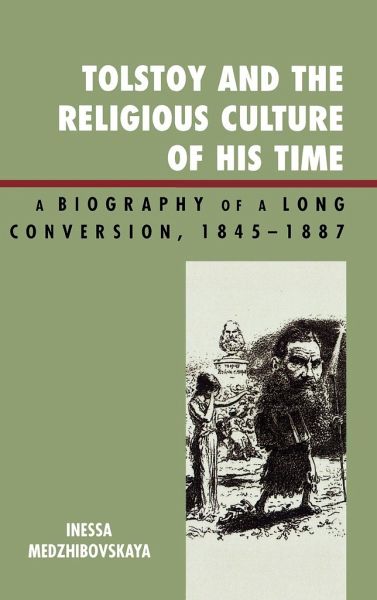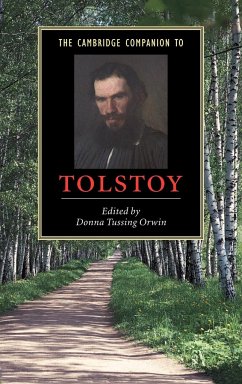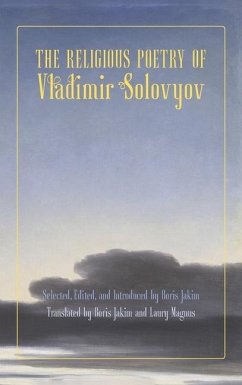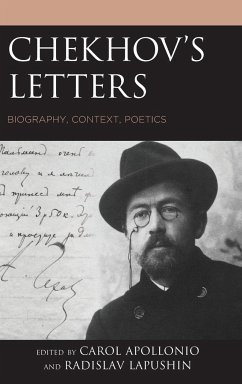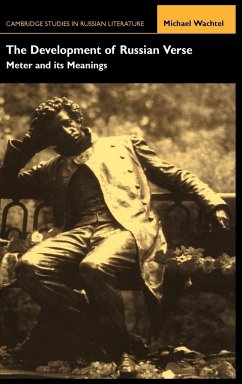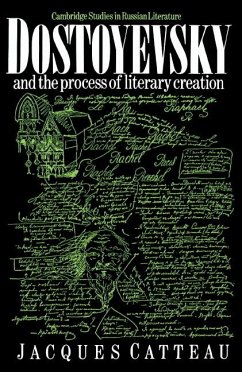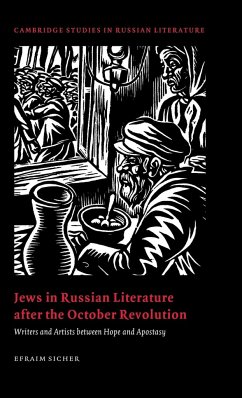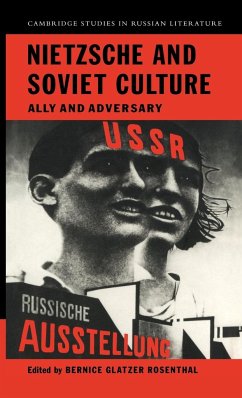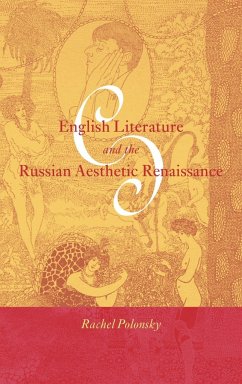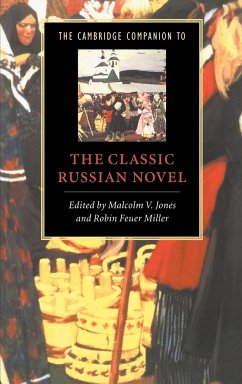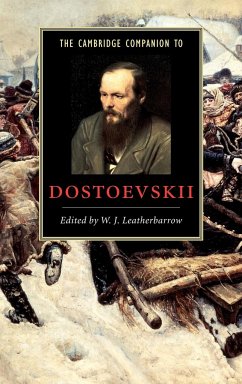Inessa Medzhibovskaya
Gebundenes Buch
Tolstoy and the Religious Culture of His Time
A Biography of a Long Conversion, 1845-1885
Versandkostenfrei!
Versandfertig in über 4 Wochen
Weitere Ausgaben:

PAYBACK Punkte
76 °P sammeln!





Part intellectual biography and part history of religious ideas in genre, this book covers a range of topics such as conversion in the age of modernity, conversion and the fate of realist art, and Tolstoy's conversion in the context of religious and literary history of his homeland and Europe. While seriously rethinking the chronology and dynamic of Tolstoy's religious development, the author explains the great writer's deep indebtedness to the philosophy of religion of his time and its narratives.
Inessa Medzhibovskaya is assistant professor of literature at the Eugene Lang College of the New School.
Produktdetails
- Verlag: Bloomsbury Publishing PLC
- Seitenzahl: 450
- Erscheinungstermin: 1. April 2008
- Englisch
- Abmessung: 235mm x 157mm x 31mm
- Gewicht: 877g
- ISBN-13: 9780739125335
- ISBN-10: 0739125338
- Artikelnr.: 23485895
Herstellerkennzeichnung
Libri GmbH
Europaallee 1
36244 Bad Hersfeld
gpsr@libri.de
With this authoritative and revealing study of Tolstoy's quest for faith, based on his every word and placed in its appropriate Russian and Western philosophical context, Inessa Medzhibovskaya emerges as the leading Tolstoy scholar of her generation in Russia and the West. -- Richard Gustafson, Barnard College and Columbia University Tolstoy's spiritual conversion-severed from its rich European contexts and unjustly reduced to guilt, moral epiphany, pathology, personal caprice, fear of death-has remained the greatest puzzle of his life and career. This marvelous book reconnects Tolstoy with his culture by following, step by step and over four decades, his quest for 'reasonable necessity and conscious freedom,' in a story that expands the
Mehr anzeigen
conversion moment from a singular threshold into a vast, fraught, thrilling terrain. -- Caryl Emerson, Princeton University Tolstoy and the Religious Cutlure of His Time is an important book on several levels. It offers a beautifully scholarly examination of Tolstoy's thinking on faith that gives us new readings of both his philosophy and his literary works, while also offering an exploration of faith, doubt, and conversion in nineteenth-century Russia. Medzhibovskaya explores Tolstoy's movement towards conversion within a rich variety of contexts. She offers a highly detailed profile of the complex environment in which Tolstoy came of age as a thinker, an environment that incorporated Western philosophy, Orthodox theology, and the Russian literary and political tradition. She also puts Tolstoy's conversion within the context of contemporary theories of how conversions work. Tolstoy and the Religious Culture of His Time offers a fresh, powerful, and convincing reading of Tolstoy's life, work, and faith. Grounded in careful, thorough scholarship, it provides us with a way of thinking about Tolstoy that is ultimately new. It is a must-read not only for Tolstoy scholars, but also for anyone interested in Orthodoxy, doubt, and conversion. Slavic and East European Journal, Spring 2009 This book is indeed a very detailed intellectual-or rather philosophical-biography of Tolstoi, from the age of 17-59... The quantity and thoroughness of Medzhibovskaya's research are stupendous. Slavic Review, Fall 2009 Critics usually treat Tolstoy's frequent references in his writings before 1880 to God and religion as unself-conscious cultural cliches or occasional swallows that do not make a spring. In Tolstoy and the Religious Culture of his Time, Inessa Medzhibovskaya weaves such references into a retelling of Tolstoy's life and works from beginning to end. Neither traditional Orthodox Christian nor doubting Western philosopher, Medzhibovskaya's Tolstoy employs all available weapons in a lifelong struggle with faith very relevant to readers today. -- Donna Orwin, University of Toronto and the Tolstoy Society Tolstoy and the Religious Cutlure of His Time is an important book on several levels. It offers a beautifully scholarly examination of Tolstoy's thinking on faith that gives us new readings of both his philosophy and his literary works, while also offering an exploration of faith, doubt, and conversion in nineteenth-century Russia. Medzhibovskaya explores Tolstoy's movement towards conversion within a rich variety of contexts. She offers a highly detailed profile of the complex environment in which Tolstoy came of age as a thinker, an environment that incorporated Western philosophy, Orthodox theology, and the Russian literary and political tradition. She also puts Tolstoy's conversion within the context of contemporary theories of how conversions work. Tolstoy and the Religious Culture of His Time offers a fresh, powerful, and convincing reading of Tolstoy's life, work, and faith. Grounded in careful, thorough scholarship, it provides us with a way of thinking about Tolstoy that is ultimately new. It is a must-read not only for Tolstoy scholars, but also for anyone interested in Orthodoxy, doubt, and conversion. Slavic and East European Journal, Spring 2009
Schließen
Für dieses Produkt wurde noch keine Bewertung abgegeben. Wir würden uns sehr freuen, wenn du die erste Bewertung schreibst!
Eine Bewertung schreiben
Eine Bewertung schreiben
Andere Kunden interessierten sich für



